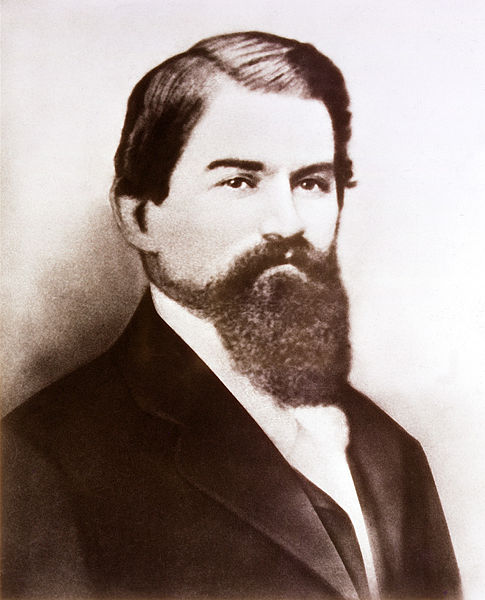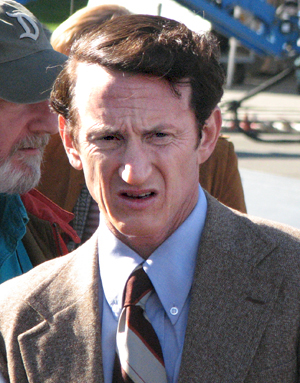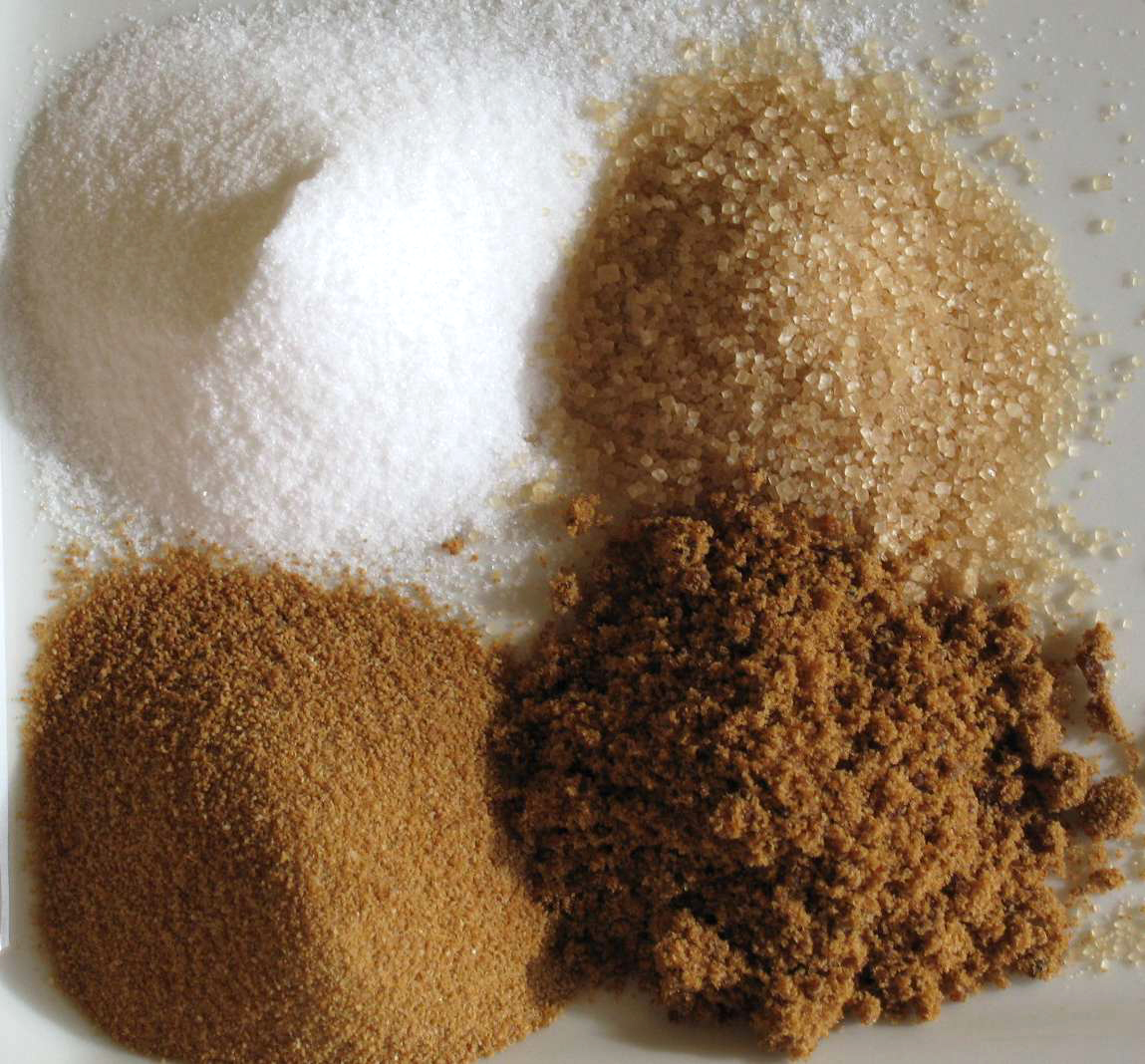|
Twinkie Defense
"Twinkie defense" is a derisive label for an improbable legal defense. It is not a recognized legal defense in jurisprudence, but a catch-all term coined by reporters during their coverage of the trial of defendant Dan White for the murders of San Francisco city Supervisor Harvey Milk and Mayor George Moscone. White's defense was that he suffered diminished capacity as a result of his depression, a symptom of which was a change in diet from healthy food to Twinkies and other sugary foods. Contrary to common belief, White's attorneys did not argue that the Twinkies were the cause of White's actions, but that their consumption was symptomatic of his underlying depression. The product itself was only mentioned in passing during the trial. White was convicted of voluntary manslaughter rather than first-degree murder, and served five years in prison. Origin The expression derives from the 1979 trial of Dan White, a former San Francisco police officer and firefighter who was servin ... [...More Info...] [...Related Items...] OR: [Wikipedia] [Google] [Baidu] |
Coca-Cola
Coca-Cola, or Coke, is a carbonated soft drink manufactured by the Coca-Cola Company. Originally marketed as a temperance drink and intended as a patent medicine, it was invented in the late 19th century by John Stith Pemberton in Atlanta, Georgia. In 1888, Pemberton sold Coca-Cola's ownership rights to Asa Griggs Candler, a businessman, whose marketing tactics led Coca-Cola to its dominance of the global soft-drink market throughout the 20th and 21st century. The drink's name refers to two of its original ingredients: coca leaves and kola nuts (a source of caffeine). The current formula of Coca-Cola remains a closely guarded trade secret; however, a variety of reported recipes and experimental recreations have been published. The secrecy around the formula has been used by Coca-Cola in its marketing as only a handful of anonymous employees know the formula. The drink has inspired imitators and created a whole classification of soft drink: colas. The Coca-Cola Company p ... [...More Info...] [...Related Items...] OR: [Wikipedia] [Google] [Baidu] |
California Proposition 8 (1982)
Proposition 8 (or The Victims' Bill of Rights), a law enacted by California voters on 8 June 1982 by the initiative process, restricted the rights of convicts and those suspected of crimes and extended the rights of victims. To do so, it amended the California Constitution and ordinary statutes. Provisions The Victims' Bill of Rights declared its purpose as to ensure that: Amendment of the constitution The Victim's Bill of Rights added Section 28 to Article 1 of the constitution. This section has since been substantially added to and amended by Marsy's Law, enacted in 2008. Section 28 granted victims of crime the right to restitution from the perpetrator unless there were "compelling and extraordinary reasons" to the contrary. It also conferred a right to school safety; it reads "All students and staff of public primary, elementary, junior high and senior high schools have the inalienable right to attend campuses which are safe, secure and peaceful". Section 28 introduced a "ri ... [...More Info...] [...Related Items...] OR: [Wikipedia] [Google] [Baidu] |
Herb Caen
Herbert Eugene Caen (; April 3, 1916 February 1, 1997) was a San Francisco humorist and journalist whose daily column of local goings-on and insider gossip, social and political happenings, and offbeat puns and anecdotes—"A continuous love letter to San Francisco""The 1996 Pulitzer Prize Winners: Special Awards and Citations. Biography." The Pulitzer Prizes. Retrieved November 1, 2013.—appeared in the '''' for almost sixty years (excepting a relatively brief defection to '' |
Adult Video News
''Adult Video News'' (also called ''AVN'' or ''AVN Magazine'') is an American trade magazine that covers the adult video industry. ''The New York Times'' notes that ''AVN'' is to pornographic films what '' Billboard'' is to records. ''AVN'' sponsors an annual convention, called the Adult Entertainment Expo or AEE, in Las Vegas, Nevada along with the AVN Awards, an award show for the adult industry modeled after the Oscars. ''AVN'' rates adult films and tracks news developments in the industry. An ''AVN'' issue can feature over 500 movie reviews. The magazine is about 80% ads and is targeted at adult-video retailers. Author David Foster Wallace has described ''AVN'' articles to be more like infomercials than articles, but he also described the ''AVN'' magazine as "sort of the ''Variety'' of the US porn industry." History Paul Fishbein, Irv Slifkin, and Barry Rosenblatt founded ''AVN'' in 1983 in Philadelphia, Pennsylvania. Slifkin left in 1984; having lost interest in reviewing ... [...More Info...] [...Related Items...] OR: [Wikipedia] [Google] [Baidu] |
Paul Krassner
Paul Krassner (April 9, 1932 – July 21, 2019) was an American author, journalist, and comedian. He was the founder, editor, and a frequent contributor to the freethought magazine ''The Realist'', first published in 1958. Krassner became a key figure in the counterculture of the 1960s as a member of Ken Kesey's Merry Pranksters and a founding member of the Yippies, a term he is credited with coining. He died on July 21, 2019, in Desert Hot Springs, California. Early life Krassner was a child violin prodigy and was the youngest person ever to play Carnegie Hall, in 1939 at age six. His parents practiced Judaism, but Krassner chose to be firmly secular, considering religion "organized superstition". He majored in journalism at Baruch College (then a branch of the City College of New York) and began performing as a comedian under the name Paul Maul. He recalled: While in college, I started working for an anti-censorship paper, ''The Independent''. After I left college I starte ... [...More Info...] [...Related Items...] OR: [Wikipedia] [Google] [Baidu] |
The Times Of Harvey Milk
''The Times of Harvey Milk'' is a 1984 American documentary film that premiered at the Telluride Film Festival, the New York Film Festival, and then on November 1, 1984, at the Castro Theatre in San Francisco. The film was directed by Rob Epstein, produced by Richard Schmiechen, and narrated by Harvey Fierstein, with an original score by Mark Isham. In 2012, this film was deemed "culturally, historically, or aesthetically significant" by the United States Library of Congress and selected for preservation in the National Film Registry. Premise ''The Times of Harvey Milk'' documents the political career of Harvey Milk, who was San Francisco's first openly gay supervisor. The film documents Milk's rise from a neighborhood activist to a symbol of gay political achievement, through to his assassination in November 1978 at San Francisco's city hall, and the Dan White trial and aftermath. Participants ;Narrator * Harvey Fierstein ;Interview subjects * Anne Kronenberg (city hall aide to ... [...More Info...] [...Related Items...] OR: [Wikipedia] [Google] [Baidu] |
Biopic
A biographical film or biopic () is a film that dramatizes the life of a non-fictional or historically-based person or people. Such films show the life of a historical person and the central character's real name is used. They differ from docudrama films and historical drama films in that they attempt to comprehensively tell a single person's life story or at least the most historically important years of their lives. Context Biopic scholars include George F. Custen of the College of Staten Island and Dennis P. Bingham of Indiana University – Purdue University Indianapolis. Custen, in ''Bio/Pics: How Hollywood Constructed Public History'' (1992), regards the genre as having died with the Hollywood studio era, and in particular, Darryl F. Zanuck. On the other hand, Bingham's 2010 study ''Whose Lives Are They Anyway? The Biopic as Contemporary Film Genre'' shows how it perpetuates as a codified genre using many of the same tropes used in the studio era that has followed a simila ... [...More Info...] [...Related Items...] OR: [Wikipedia] [Google] [Baidu] |
Gus Van Sant
Gus Green Van Sant Jr. (born July 24, 1952) is an American film director, producer, photographer, and musician. He has earned acclaim as both an independent and mainstream filmmaker. His films typically deal with themes of marginalized subcultures, in particular homosexuality. Van Sant is considered one of the most prominent auteurs of the New Queer Cinema movement. His early career was devoted to directing television commercials in the Pacific Northwest. He made his feature-length cinematic directorial debut with ''Mala Noche'' (1985). His second feature, ''Drugstore Cowboy'' (1989), was highly acclaimed, and earned him screenwriting awards from the Los Angeles Film Critics Association and New York Film Critics Circle and the award for Best Director from the National Society of Film Critics. His next film, ''My Own Private Idaho'' (1991), was similarly praised, as was the black comedy ''To Die For'' (1995), the drama ''Good Will Hunting'' (1997), and the biographical film ''Mil ... [...More Info...] [...Related Items...] OR: [Wikipedia] [Google] [Baidu] |
Milk (2008 American Film)
''Milk'' is a 2008 American biographical film based on the life of gay rights activist and politician Harvey Milk, who was the first openly gay person to be elected to public office in California, as a member of the San Francisco Board of Supervisors. Directed by Gus Van Sant and written by Dustin Lance Black, the film stars Sean Penn as Milk and Josh Brolin as Dan White, a city supervisor, and Victor Garber as San Francisco Mayor George Moscone. Attempts to put Milk's life to film followed a 1984 documentary of his life and the aftermath of his assassination, titled ''The Times of Harvey Milk'', which was loosely based upon Randy Shilts's 1982 biography, ''The Mayor of Castro Street'' (the film won the Academy Award for Best Documentary Feature for 1984, and was awarded Special Jury Prize at the first Sundance Film Festival, among other awards). Various scripts were considered in the early 1990s, but projects fell through for different reasons, until 2007. Much of ''Milk'' was ... [...More Info...] [...Related Items...] OR: [Wikipedia] [Google] [Baidu] |
Sugar
Sugar is the generic name for sweet-tasting, soluble carbohydrates, many of which are used in food. Simple sugars, also called monosaccharides, include glucose, fructose, and galactose. Compound sugars, also called disaccharides or double sugars, are molecules made of two bonded monosaccharides; common examples are sucrose (glucose + fructose), lactose (glucose + galactose), and maltose (two molecules of glucose). White sugar is a refined form of sucrose. In the body, compound sugars are hydrolysed into simple sugars. Longer chains of monosaccharides (>2) are not regarded as sugars, and are called oligosaccharides or polysaccharides. Starch is a glucose polymer found in plants, the most abundant source of energy in human food. Some other chemical substances, such as glycerol and sugar alcohols, may have a sweet taste, but are not classified as sugar. Sugars are found in the tissues of most plants. Honey and fruits are abundant natural sources of simple sugars. Suc ... [...More Info...] [...Related Items...] OR: [Wikipedia] [Google] [Baidu] |
White Night Riots
The White Night riots were a series of violent events sparked by an announcement of a lenient sentencing of Dan White for the assassinations of George Moscone, the mayor of San Francisco, and of Harvey Milk, a member of the city's Board of Supervisors who was one of the first openly gay elected officials in the United States. The events took place on the night of May 21, 1979 (the next night would have been Milk's 49th birthday) in San Francisco. Earlier that day, White had been convicted of voluntary manslaughter, the lightest possible conviction for his actions. That White was not convicted of first-degree murder (with which he was originally charged) had so outraged the city's gay community that it set off the most violent reaction by gay Americans since the 1969 Stonewall riots in New York City (which is credited as the beginning of the modern gay rights movement in the United States). The gay community of San Francisco had a longstanding conflict with the San Francisco ... [...More Info...] [...Related Items...] OR: [Wikipedia] [Google] [Baidu] |







